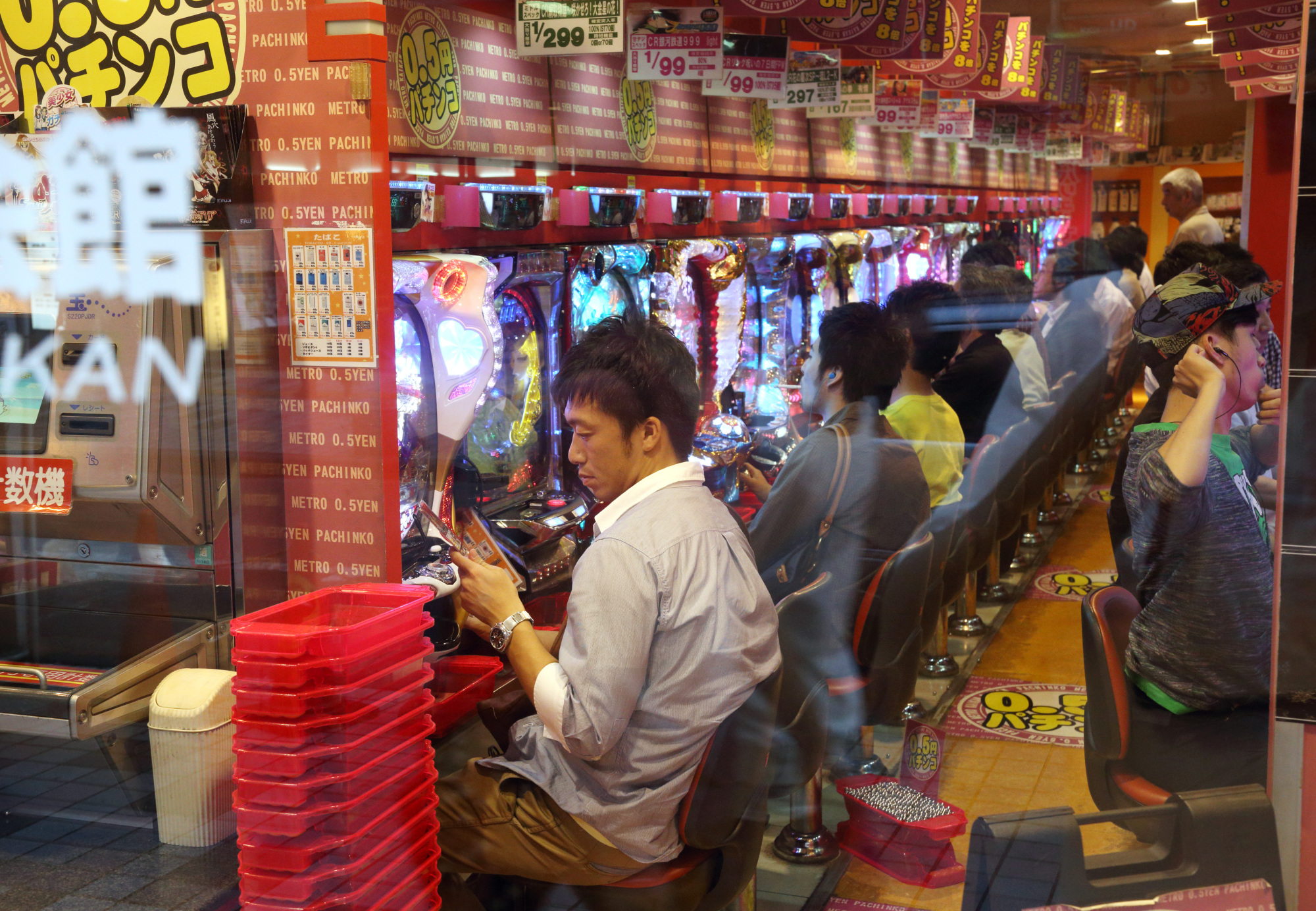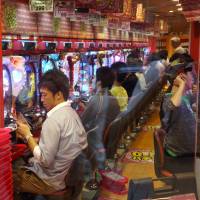Even before Shinzo Abe's government opened the door to casinos in Japan, the nation's gamblers wagered ¥23.3 trillion on pachinko and related slot machines in 2015.
Even though the market is shrinking as the population ages and finds other forms of entertainment, and the amount bet is down by almost a third from the peak in 2005, it's still equivalent to about 4 percent of Japan's gross domestic product.
In addition to pachinko and related slot machines, people can legally bet on boat, horse and bicycle races, and motorcycle speedway. They can also play the lottery.
The financial attraction of casinos for Japan is obvious, especially if they can help lure more Chinese tourists, keep them in the country longer and increase the amount of money they spend.
While the Diet in December passed legislation to allow casinos, a separate bill for the creation of so-called integrated resorts must be agreed upon before things move forward. Wrangling over this could mean no casinos in time for the 2020 Tokyo Olympics. There's also debate on whether casinos should only be open for foreign tourists.
Japan had no such qualms in the postwar era, when gambling venues spread and the revenue they produced flowed into government coffers to help pay for reconstruction.
If casinos are built and allow Japanese customers to gamble, they will attract people away from pachinko but probably won't have much effect on the other types of gambling, according to Masatoshi Yamamoto, an analyst of regional government, gambling and finances at Mitsubishi UFJ Research and Consulting.




















With your current subscription plan you can comment on stories. However, before writing your first comment, please create a display name in the Profile section of your subscriber account page.